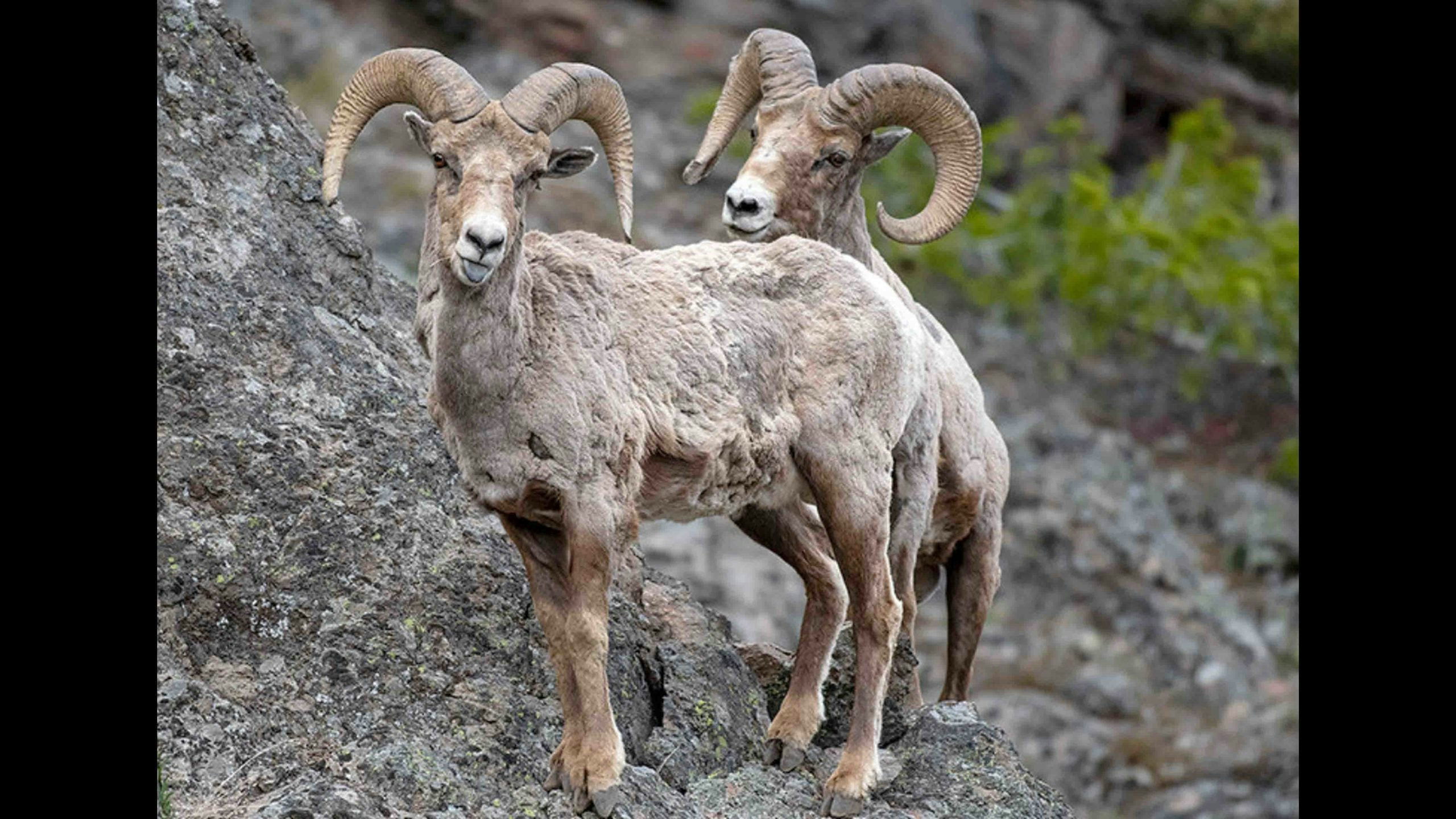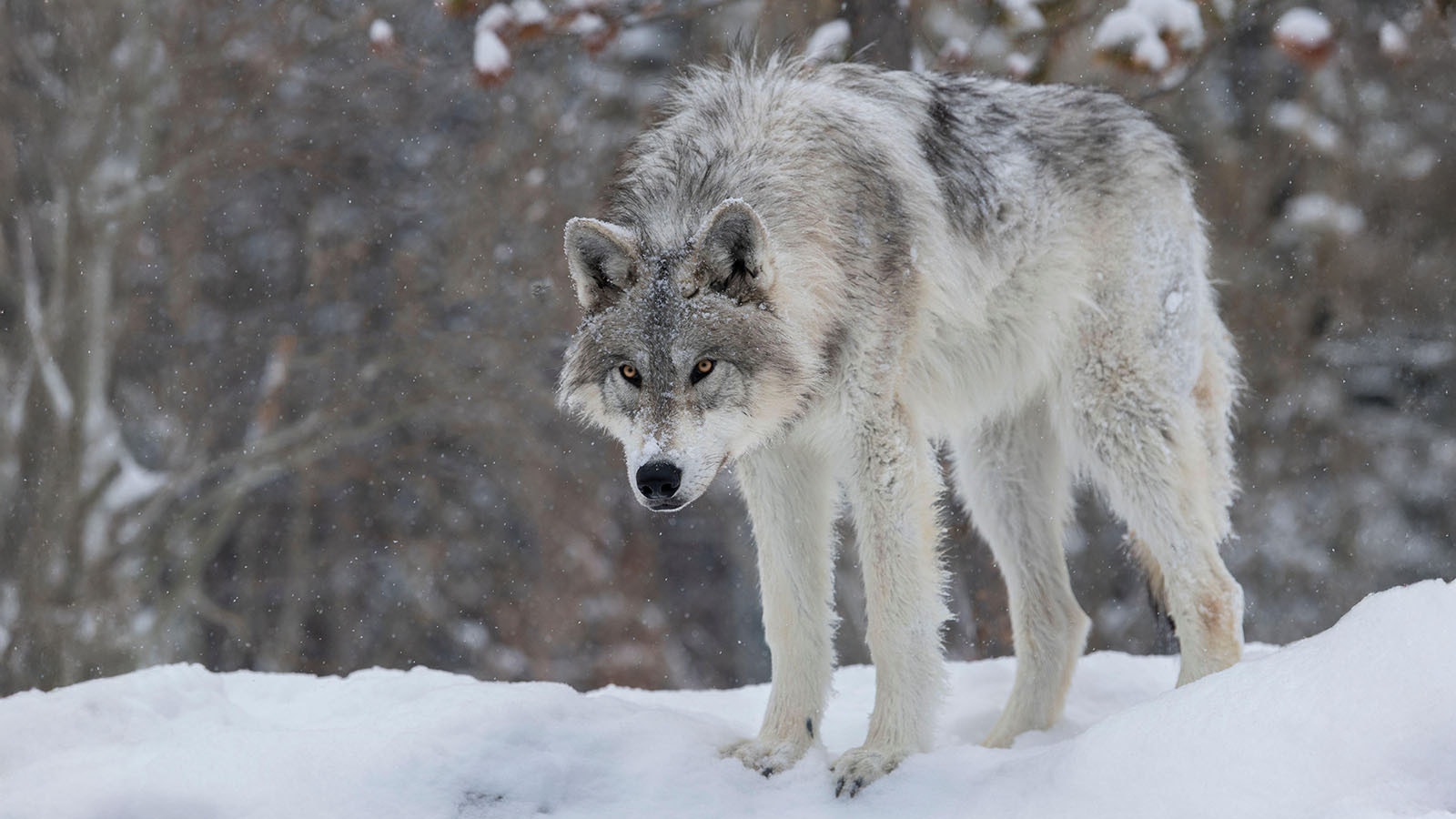By Mark Davis, Powell Tribune
On paper, the agenda for the inaugural meeting of the Wyoming Wildlife Task Force seemed pretty tame. Intended to be an introduction to the new advisory group, the members instead immediately attacked one of the most controversial issues before them: the allotment of limited quota tags.
Wyoming legislators, government leaders and citizens from across the state were picked for the panel among many applicants, being chosen jointly by the governor and legislative and Game and Fish leaders. Local appointees include state Rep. Jamie Flitner, R-Greybull, Park County Commissioner and outfitter Lee Livingston and Meeteetse landowner Duaine Hagen.
The panel is being tasked with studying top-priority, in-state wildlife issues related to the allocation of hunting opportunities, sportsperson access and other top wildlife issues.
One of the first major topics at hand was the distribution of “big five” tags, said Livingston. The proposal — which is still up for debate — would suggest a big change to the licenses allotted for the top species in the state: moose, bighorn sheep, mountain goat, bison and grizzly (if they are ever delisted from protection under the Endangered Species list and managed by the states).
“We’re looking at 90% of the licenses being reserved for resident hunters and 10% going to nonresident hunters,” Livingston said. “We’re also toying with a once-in-a-lifetime [limit] on all five of those species.”
The task force members are studying the issue closely because non-resident licenses and the purchase of non-resident preference points are extremely important revenue for the Game and Fish Department, so any change to the current regulations could affect the department’s bottom line. It could also raise the price of licenses for residents, said Flitner. The lawmaker said she has taken an informal poll of resident hunters and most said they don’t want to pay more to hunt. But if the allotment percentage changes, Flitner said there is little else that could be done to make up for the losses.
“There’s really no other way,” she said. “Currently, [resident] hunts are subsidized by non-resident hunters.”
The Game and Fish doesn’t receive general tax revenue or general funds from the state. It’s a self-funded agency, relying on fees and license sales for the bulk of its budget, plus a share of federal taxes on the sale of hunting and fishing equipment.
Due to the State of Wyoming’s current budget deficit, the department returned $800,000 it normally receives from the state to compensate for free and reduced price licenses. It represented less than 1% of the department’s $88.5 million in annual revenues, but was the only way the department could help the state on the 2021 budget, said Game and Fish Deputy Director John Kennedy.
Both Livingston and Flitner are keenly aware that boosting the percentage of resident tags is a favorite subject of Rob Shaul and his litigious outdoor organization, Mountain Pursuit. It’s hard to debate the issue without it seeming like a win for the organization, Flitner said, as much as she would like Shaul to find alternative ways to debate issues.
“He offends everybody. He has no filter,” she said of Shaul. “I’d be curious to know just how many people actually think like him.”
Added Livingston, “he seems to me like a spoiled kid who wants to get everything and then some.”
Cody Regional Health
Shaul often accuses the Wyoming Game and Fish Commission and Department of being unduly influenced by the state’s outfitting industry, sometimes with harsh rhetoric.
For example, he’s filed a lawsuit arguing that two commissioners were wrong to donate commissioner complimentary licenses to the Wyoming Outfitters and Guides Association When the attorney general’s office asked a judge to dismiss the suit, Shaul sent out an opinion piece questioning whether Wyoming Gov. Mark Gordon, who oversees the AG, was “yet another corrupted puppet of the Outfitters.”
Many politicians and officials in the state say they wish Shaul would look for ways to debate in a positive manner, rather than trying to push his way into the headlines by tearing down the efforts of the Game and Fish and the governor’s office.
“Everybody else is trying to find the middle ground” to debate the issues, Flitner said.
The task force is also looking into limited quota draws for hard-to-get licenses for ungulate species.
“My thoughts are going to be looking at a waiting period on those on those tough-to-draw ‘type one’ licenses,” Livingston said. “Hypothetically, if you draw one of those licenses, you might have to sit out for three years before you can apply again.”
Flitner said the task force might also be looking at making proposals to change the allocation of landowner licenses.
“We’re eager to dive into the tough issues head first,” she said.
Livingston, Flitner and Hagen are offering an opportunity for local sportspersons to discuss the issues at a Tuesday listening session in Powell. The event will run from 6-8 p.m. at Heart Mountain Hall at the Park County Fairgrounds.
Meanwhile, the full task force is meeting today (Thursday) and then again on July 19. Both of those gatherings are being held in Casper, but members of the public can watch and participate via Zoom.
The agenda for this week’s meeting is available on the Wyoming Wildlife Task Force website at www.wyomingwildlifetaskforce.com. Meetings will be recorded and available for viewing online within a week.





